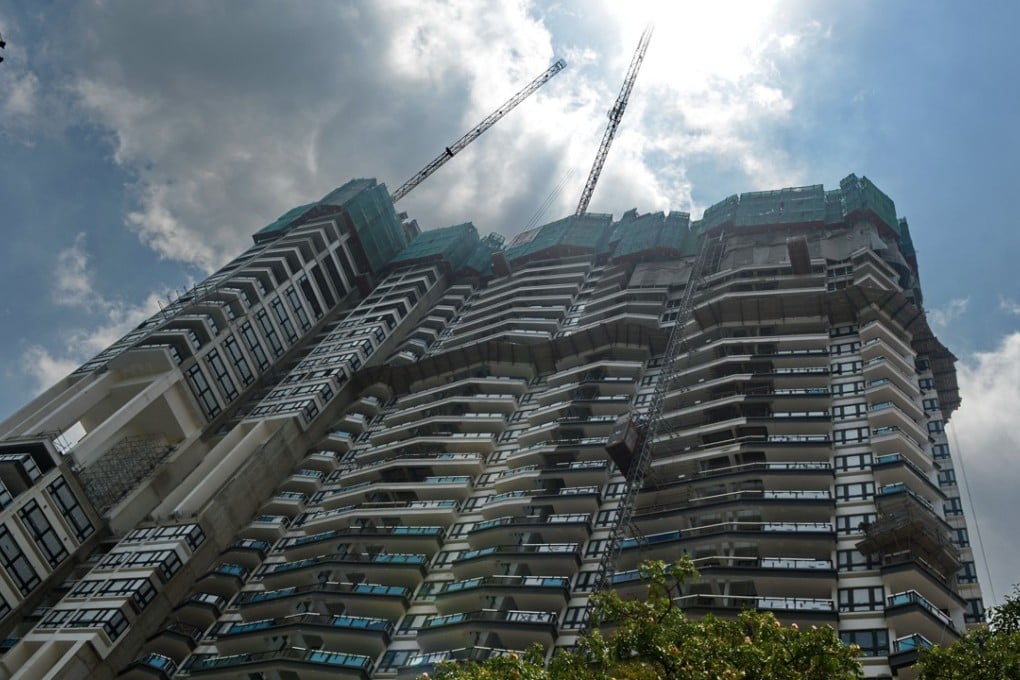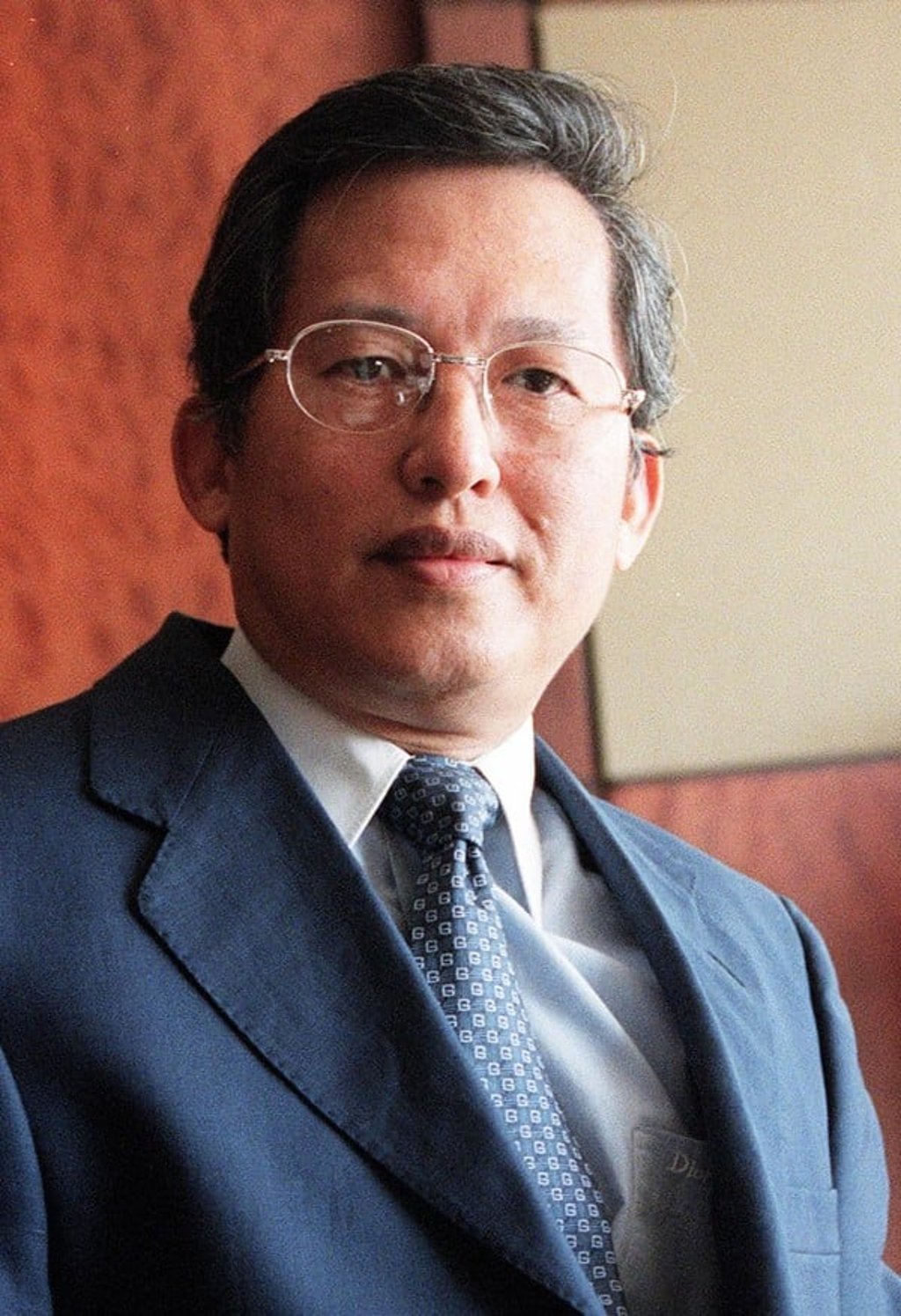‘Prostitute Mansion’: Is Singapore heading for Hong Kong-style housing?
As tycoons buy up properties in record-breaking deals and private house prices rebound, homes in the Lion City seem destined to get pricier – or tinier

In 2005, semi-retiree H.H. Tan paid S$633,000 (HK$3.8 million) for a three-bedroom apartment in Singapore’s Pacific Mansion, an ageing private condominium near the city’s prime shopping belt. Despite its good location, it was a questionable investment given the development’s notoriety.
“It had quite the history and was called ‘Prostitute Mansion’,” she admitted, chuckling at her foolhardy purchase in the red-light district.
It has turned into the 64-year-old former entrepreneur’s best purchase. Last month, the estate was sold in a S$980 million collective deal to entities controlled by Singapore property tycoon Kwek Leng Beng and his Malaysian billionaire cousin Quek Leng Chan. It was the largest en bloc sale here in more than a decade and the second-highest on record, according to CBRE, the appointed agent.

Tan will reap a handsome S$3.26 million for her 1,346 sq ft apartment – more than five times what she had forked out.
But not so many are clear winners like her amid the en bloc fever. Such sky-high prices have raised concerns of housing affordability for many Singaporeans, who are aware that the premiums collected by the likes of Tan will eventually fall on homebuyers.